Recently, I have been taken on a journey (or journies) that have opened my eyes to what real NC agriculture looks like and how it actually affects the people involved. Each Tuesday and Thursday, my professor, (Marcie Ferris, a fabulous, engaging professor), invites in panelists from around the community and beyond to come and talk to my food studies class about what they are doing in the community, and communities all around the country or world, that helps to identify food as a lens for all other aspects of life. So far, over two class periods, we have had 7 panelists come in and speak to us about their individual or collaborative ventures, that help us to understand anything from oyster beds off the coast of Virginia, to the way a family from Laos has incorporated their unique culture into their new American home.
The point of this article is to unmask and recalibrate some of the feelings about food as a lens that we as a country have; professionals in their chosen fields who are passionate about what they do show us their impact and then also demonstrate how their work has impacted others. It is inspirational to see these people from all backgrounds come to talk about their work as a way to spread the news. Who knows, you may just find your next internship, or even write your own article to jumpstart your portfolio.
To begin, we had voices from coastal life come in and talk about their projects that have had an extreme impact in the areas that they are working. There was also discussion about the importance of shopping and supporting local and sustainable sources. Focusing mostly on the seafood and fishing industry (as it was coastal North Carolina), it really was an eye-opening experience to hear some of the speakers portray the passion of their hometowns and success of their projects.
One of our speakers went so far as to say "Where I'm going, it doesn't matter you're going, it matters where you are from... And I'm from Core Island ". For this North Carolina islander, food was a way of life; meaning food was not just something that you experienced three times a day, the community is literally set up around food. Fishing and crabbing and such activities are left for the boys and the women would spend their days preparing the food for hours of work. The advantage of growing up in a close-knit community such as this is that our speaker had developed such a strong sense of identity and place, it inspired her to want to give back and work for her local neighbors, friends and other communities like her. In North Carolina, there has been a push for local and sustainably caught seafood that has upped the demand and benefitted for everyone in this industry, as a way to get away from big business that inspires local communities.
It is pretty amazing to think about the impact of oyster beds may have on the economy of a rural coastal Virginia community, and the way that beds could even help to improve the environment. Our other speakers discussed the way in which he has helped to plant scores of oyster beds and support local businesses in low-income towns in coastal Virginia. Here, it is the legacy of the meal that lasts and how well you tell a story rather than your wealth or possessions. The impact of local and sustainable foods on the economy of rural towns can completely alter the economic platform; when buyers increase demand for goods such as locally sourced fish and shellfish, people are getting quality foods for fair prices that helps out local businesses as well.
The most recent panel consisted of two presentations that served to embody New Southern Asian food voices, as they exist in North Carolina with focus on Chapel Hill and the Morganton area. Kelly Owensby and her non-profit called "Transplanting Traditions Community Farm" focuses their attention on the Burmese Refugee population as they are resettled in America and North Carolina. Something that struck me as interesting, is that Chapel Hill has one of the largest Burmese refugee populations in North Carolina. The goal of the non-profit is to provide ways for the refugees to integrate rather than to assimilate to life in North Carolina. Owensby stresses her dislike of the idea that foreign people coming to the US must lose their culture, foodways, and language in order to be successful in North Carolina. Instead, "Transplanting Traditions" offers an 8-acre farm that maintains and recreates employment that is culturally similar to that of Burma (65% of the rural population is involved in agriculture), where the patrons can grow produce that is native to Burma and that of their culture.
The goals of the company include reducing hunger, promoting sustainable agriculture and the local foodshed, involvement in local markets, and cross-cultural interaction that encourages the American population to delve into the culture of the refugees. In addition, the ability to build a community around farming helps to combat the social isolation that many refugees experience when being resettled in a new place. Overall, the farm functions as one example of how food helps to heal and begin anew.
Our other guest is Katy Clune who has worn many hats but who's main presentation focused on her master's thesis, which she said she "stumbled upon" as a food studies theses. She followed a family from the country of Laos where she was fortunate enough to live and follow them again back to the states so that she may document their journey in "Making Laos in Morganton, NC", the title of her thesis. She stressed how food functions, again, as a lens with which you can look at all aspects of life and how food helps to provide a source of al sustenance in more than one way: spiritually and physically. Today, the family she follows and has grown close with owns a restaurant and one of the family members says that she is not Chinese, but Laos and that that often gets lost "in translation" especially in American society. The restaurants help to integrate cultural backgrounds and allow people to share their culture as something to be proud of and not something to fear, as many of the refugees fear from their home countries.
In conclusion, these presentations helped to shed some light on the idea of cultural appropriation as well as the ways in which food functions as a way to show where you are from and to bear your culture as a badge of honor that should be shared and worn proudly. It functions as a way to boost the economy and to protect our local and sustainable food vendors, fisherman and produce markets that are a growing staple of the modern diet; emphasis on where our food is from and both sets of panelists demonstrate this in powerful ways. In coastal living, it is a way of providing enough money for families to take the weekend off and in Asian refugee culture, food is literally a staple part of their story of resettling in America. Food can mean many things to each of us, as it should; always consider the power that food provides.

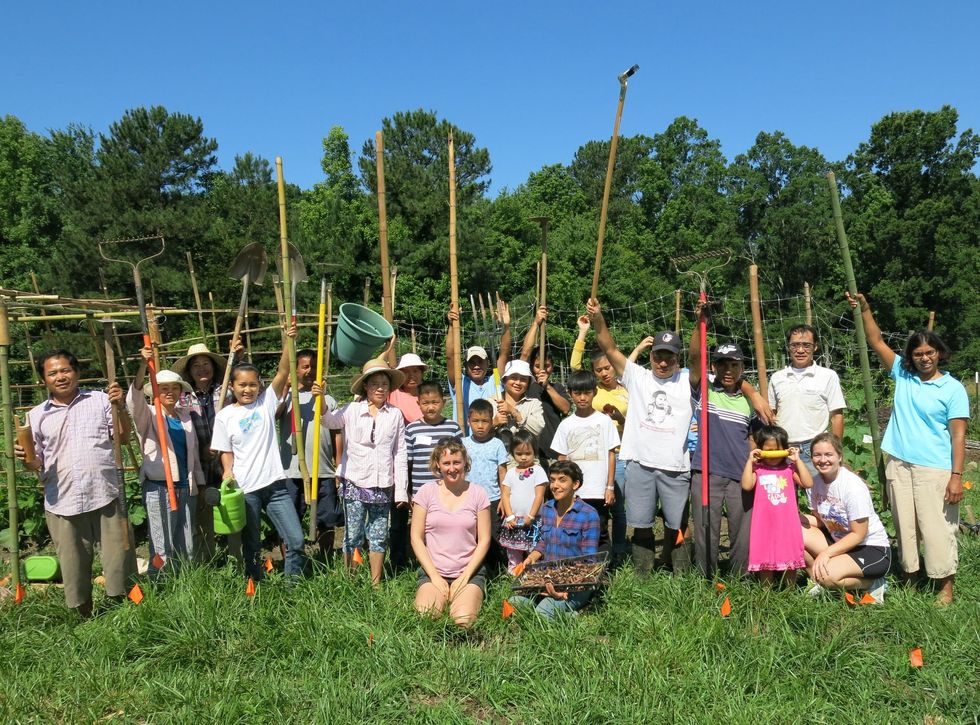
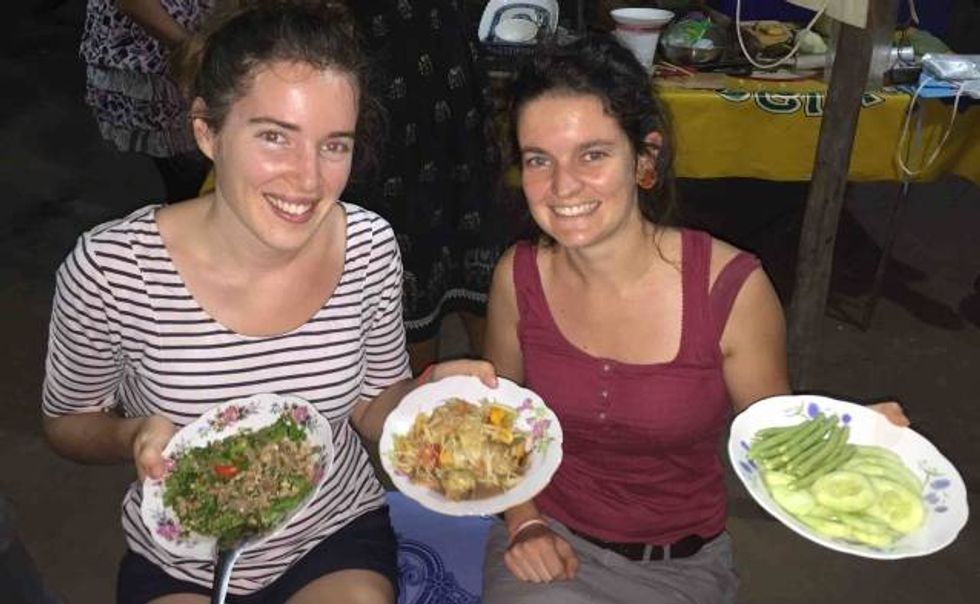
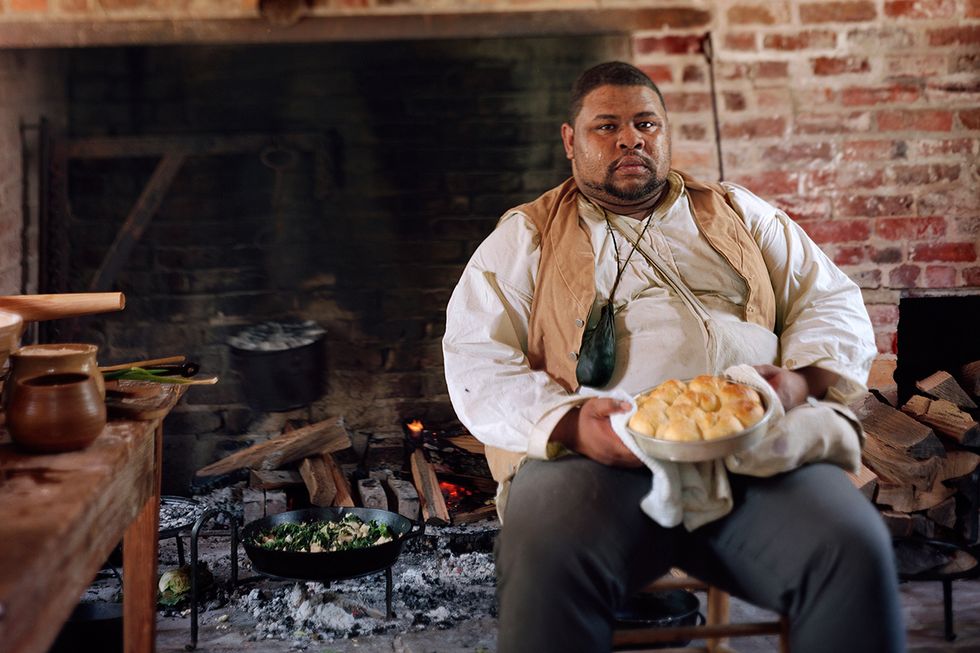
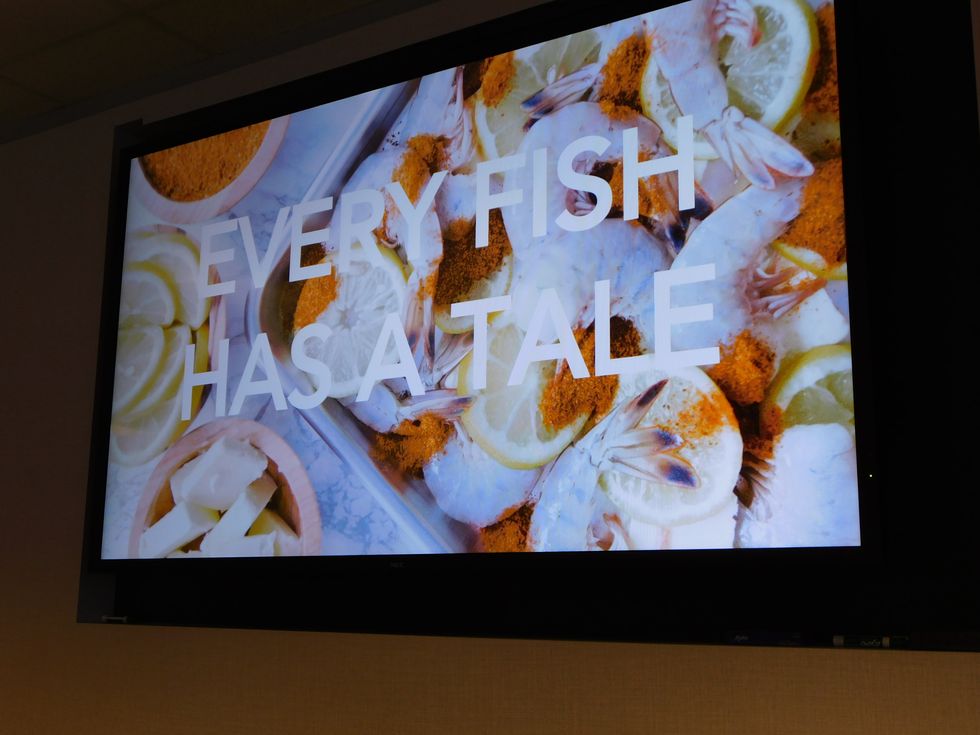
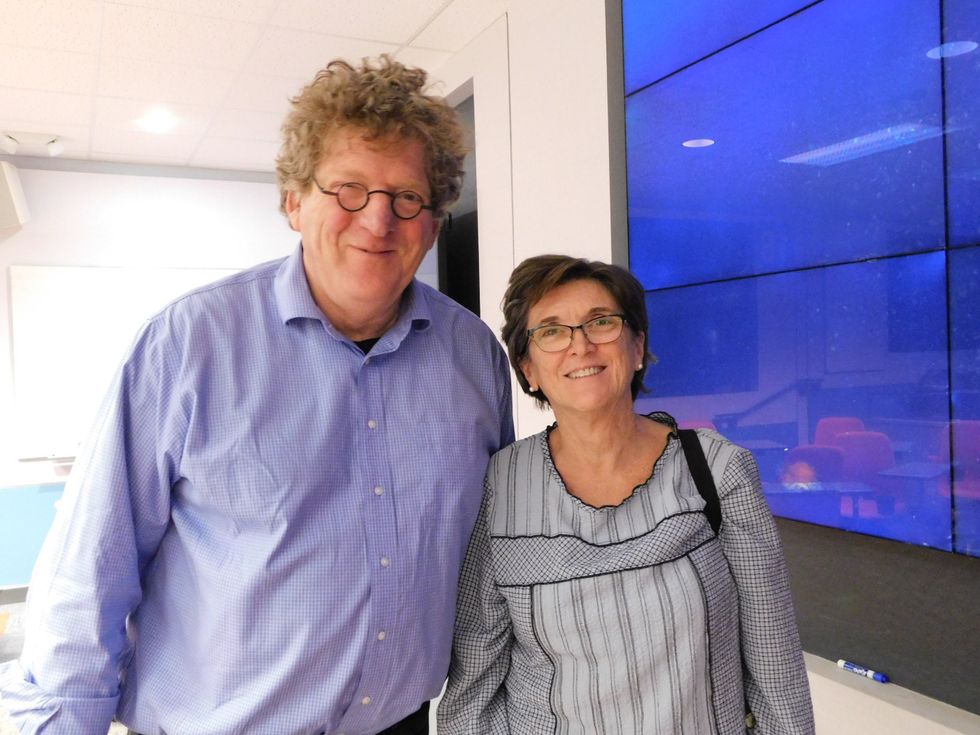
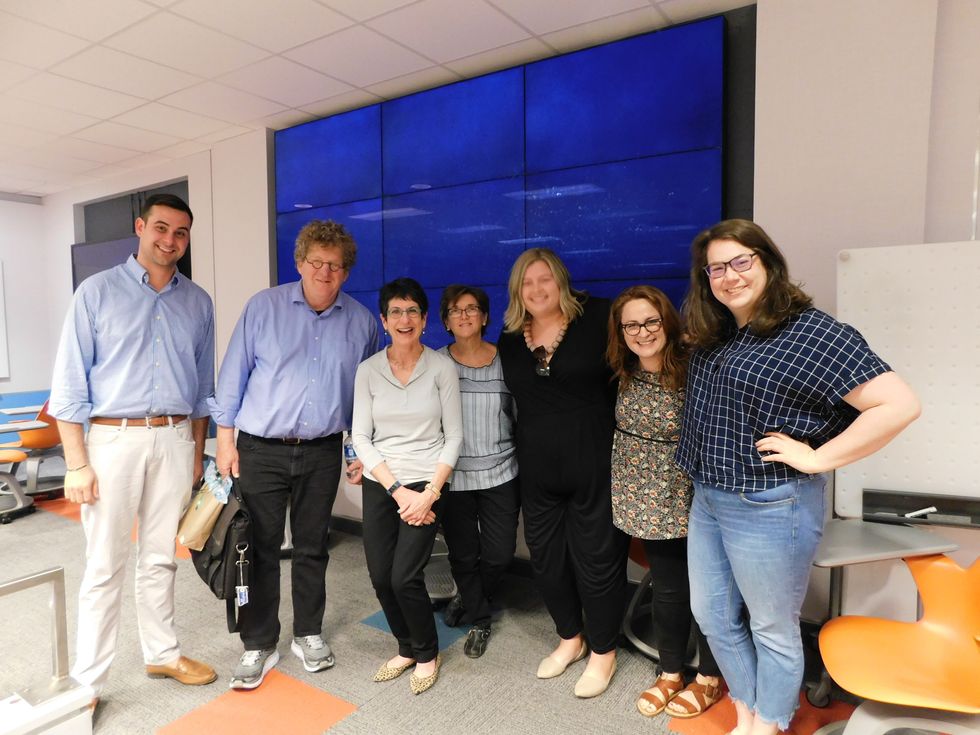
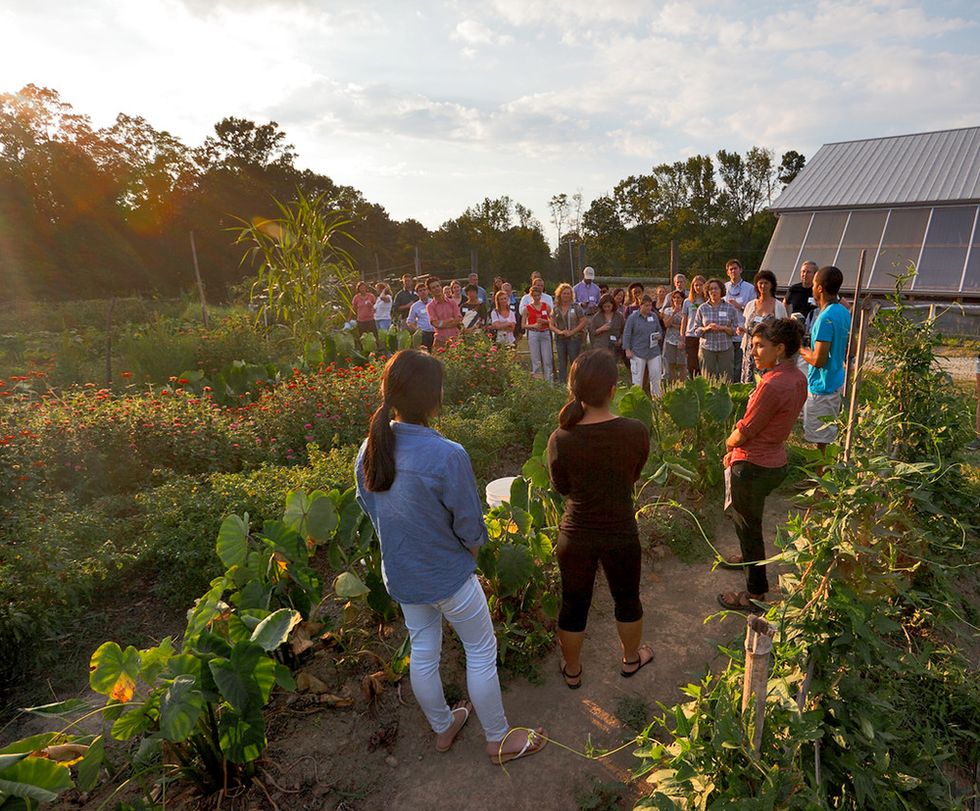
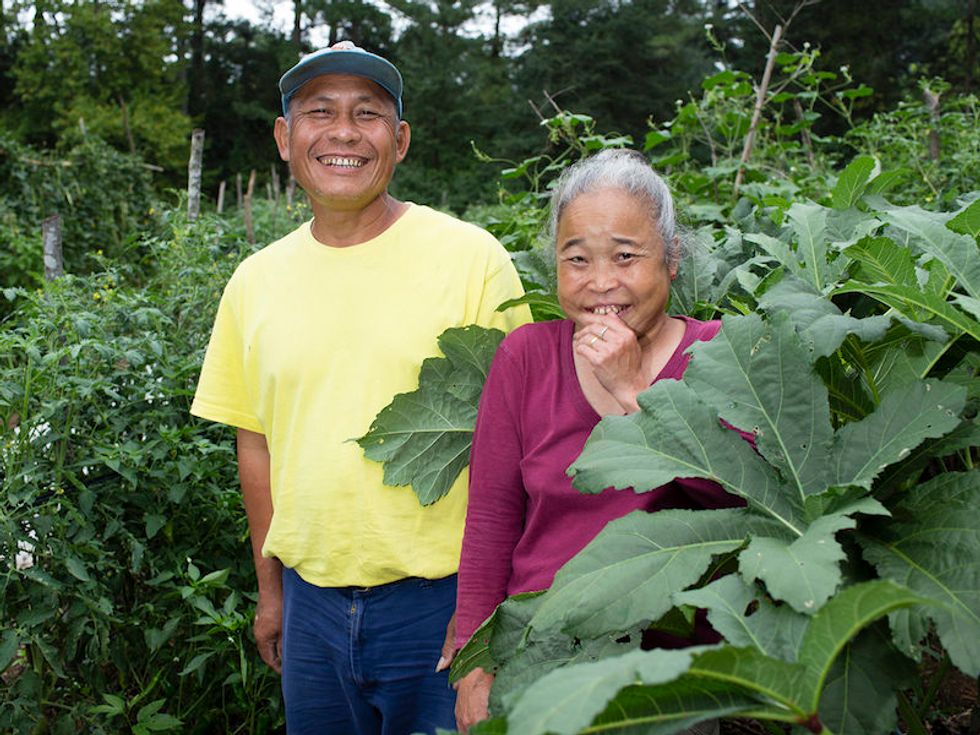
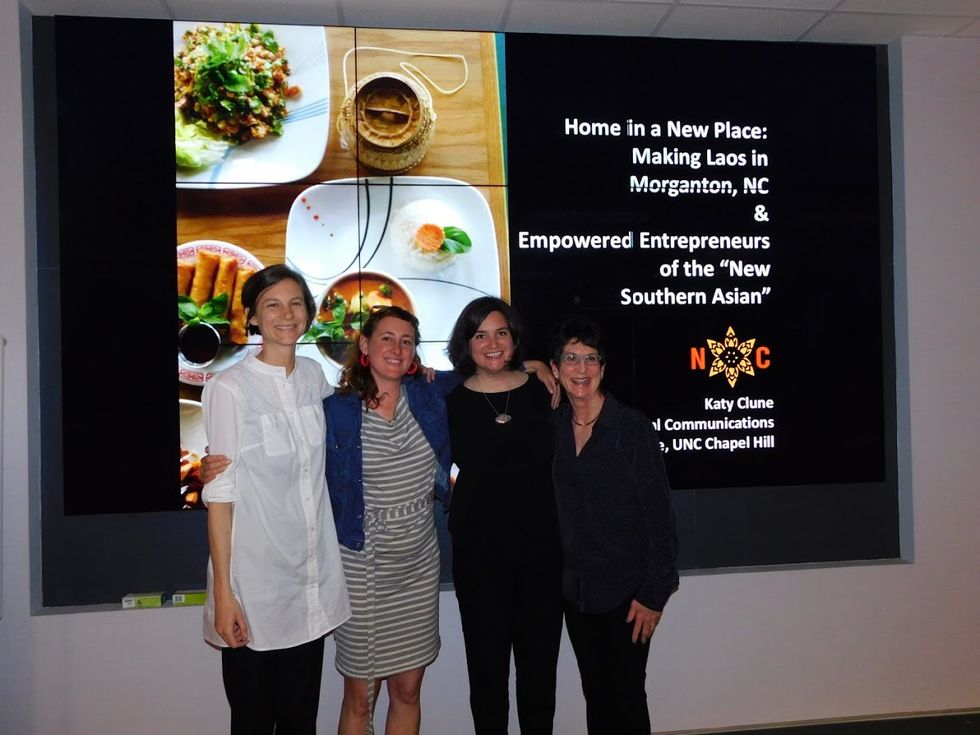

 Photo by
Photo by  Photo by
Photo by  Photo by
Photo by 














